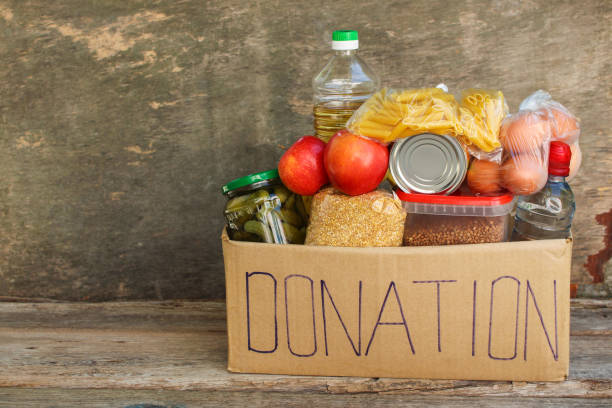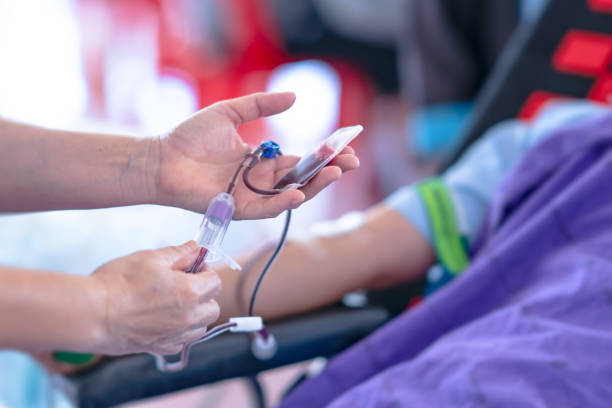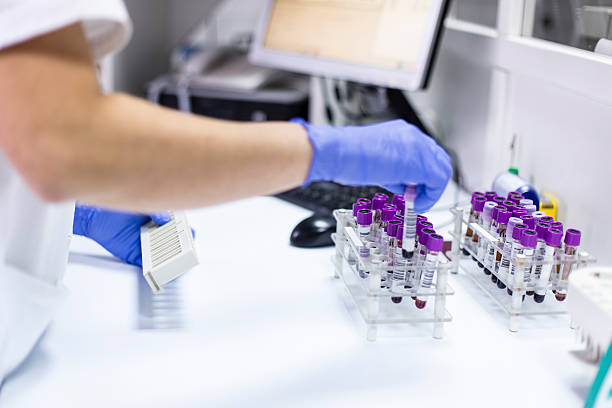The Importance of Blood Donation in Singapore
Blood donation is a vital aspect of healthcare in any country, and Singapore is no exception. Blood is essential for many medical treatments and emergency interventions. In Singapore, the need for blood is ever-present due to the growing population and the increasing number of medical procedures requiring blood transfusions.
Why Donate Blood?
Blood donation saves lives. Each donation can potentially save up to three lives, as the blood is separated into its components – red cells, platelets, and plasma – each of which can be used to treat different conditions. Blood is needed for patients undergoing surgery, those with cancer, chronic illnesses, and in cases of trauma and accidents.
The Process of Donating Blood
Donating blood is a simple, safe, and quick process. The entire procedure, from registration to refreshment, takes about an hour, while the actual blood donation takes only about 10 minutes. The blood donation process involves a few basic steps:
- Registration: Donors fill out a form with personal details and medical history.
- Health Screening: A healthcare professional checks the donor’s health status, including a hemoglobin test.
- Donation: The donor sits comfortably while a sterile needle is used to draw blood from a vein in the arm.
- Rest and Refreshment: After the donation, donors are advised to rest for a short period and have a light snack.
Eligibility Criteria
In Singapore, the Health Sciences Authority (HSA) sets specific eligibility criteria for blood donors. Donors must be in good health, between 16 and 60 years old, and weigh at least 45kg. Those aged 16 and 17 need parental consent. Donors should also not have donated blood within the last 12 weeks for males and 16 weeks for females.
Frequency of Donation
Male donors can donate blood every 12 weeks, while female donors can donate every 16 weeks. This spacing ensures that the donor’s iron levels and overall health are maintained.
Common Myths about Blood Donation
Despite the importance of blood donation, there are several myths that discourage people from donating. One common myth is that donating blood weakens the body. In reality, the body replenishes the donated blood within a few weeks. Another myth is that it is painful and unsafe. In fact, the process is relatively painless and highly regulated to ensure donor safety.
The Role of Blood Banks
Blood banks in Singapore, such as the Bloodbank@HSA, Bloodbank@Woodlands, Bloodbank@Dhoby Ghaut, and Bloodbank@Westgate Tower, play a crucial role in collecting, testing, and storing blood. They ensure that the blood supply is safe and sufficient to meet the needs of patients.
The Impact of Blood Donation Campaigns
Campaigns and drives organized by various organizations, including the Singapore Red Cross, schools, companies, and community groups, significantly contribute to the blood supply. These campaigns raise awareness about the importance of blood donation and encourage more people to donate.
Personal Stories of Donors and Recipients
Hearing personal stories from blood donors and recipients can be powerful motivators for others to donate. Donors often describe the sense of fulfillment they get from knowing they are helping save lives. Recipients, on the other hand, share their gratitude and how the blood donations have made a difference in their lives.
How to Prepare for Blood Donation
Preparation is key to a successful donation. Donors are advised to get a good night’s sleep, eat a healthy meal before donating, and drink plenty of fluids. Avoiding alcohol and caffeine on the day of donation is also recommended. Wearing comfortable clothing with sleeves that can be easily rolled up makes the process smoother.
Post-Donation Care
After donating, it’s important to rest and hydrate. Donors should avoid strenuous activities for the rest of the day. Most people feel fine after donating, but it’s not uncommon to feel a bit tired. Eating iron-rich foods like lean meats, beans, and spinach can help replenish iron levels.
Blood Donation and COVID-19
The COVID-19 pandemic posed challenges to blood donation efforts worldwide. In Singapore, stringent measures have been put in place to ensure the safety of donors and staff. These measures include temperature checks, social distancing, and enhanced hygiene protocols. It’s crucial to continue donating blood during the pandemic to maintain a stable blood supply.
Encouraging Youth Participation
Youth participation in blood donation is vital for ensuring a steady supply for the future. Educational programs and outreach activities in schools and universities can help instill the habit of regular blood donation among young people. Peer influence and social media campaigns can also be effective in encouraging youth to donate.
The Future of Blood Donation in Singapore
The future of blood donation in Singapore looks promising with advancements in medical technology and increased awareness. Research into artificial blood and better storage methods continues to improve the efficiency and effectiveness of blood donation and transfusion.
Conclusion
Blood donation is a selfless act that has a profound impact on the lives of recipients. In Singapore, the collective effort of individuals, organizations, and the government ensures that the blood supply remains adequate and safe. By donating blood, you contribute to saving lives and improving the health and well-being of countless individuals in need.




